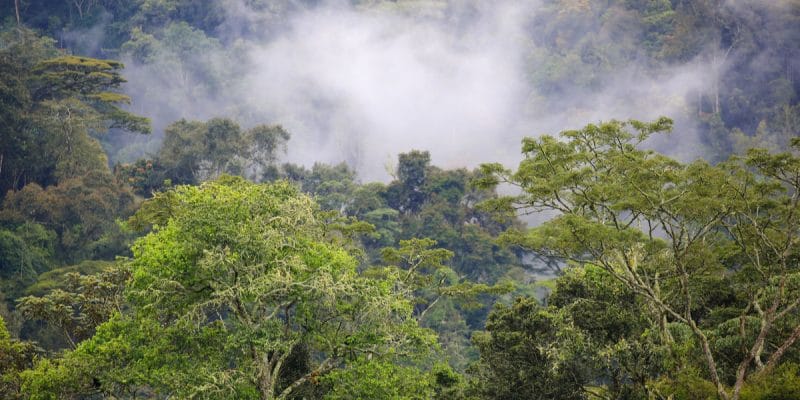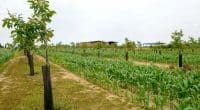The race towards the "30×30" goal, the proposed new global agreement for biodiversity, seems to have already begun in the Congo Basin. The Wildlife Conservation Society (WCS) has just received a $40 million grant from the Bezos Earth Fund to step up its conservation missions in the world's second largest forest. Bezos Earth Fund funding targets conservation efforts in partnership with governments, local communities and other conservation organizations.
The Wildlife Conservation Society’s (WCS) missions will be re-energized in the Congo Basin. The U.S.-based nongovernmental organization (NGO), whose goal is to preserve nature around the world and particularly in Africa, is receiving a $40 million grant to intensify its conservation missions in the Congo Basin, one of the most biodiverse regions in Africa and the world’s largest net tropical carbon sink.
“With this financial support, we will work closely with governments, local communities and national conservation organizations to support protected and conserved areas as bastions of biodiversity. It will also promote nature-friendly solutions and adaptation to the effects of climate change,” says Cristián Samper, WCS President and CEO.
The Bezos Earth Fund and its 10 billion dollars of climate finance
The funding announced by WCS in the Congo Basin is provided by the Bezos Earth Fund, the foundation of American billionaire Jeff Bezos, head of Amazon, the global online retail giant. At the launch of his foundation in 2020, the American businessman pledged $10 billion in grants over the decade 2020-2030 for climate change and nature conservation.
Read also-AFRICA: Preserving the Congo Basin, one of the resolutions of the IUCN Congress
In addition, the Bezos Earth Fund is one of nine private funders who have pledged $5 billion to protect and conserve 30% of the planet by 2030. Also known as “30×30,” this goal was debated on September 30, 2020, as part of the 75th period of regular sessions of the United Nations General Assembly. It aims to convert 30% of the planet into protected areas by 2030.
The target will be officially presented at the next meeting of the UN Convention on Biological Diversity (COP15) in Kunming (China) and could become the ultimate multilateral commitment to biodiversity conservation.
Boris Ngounou







